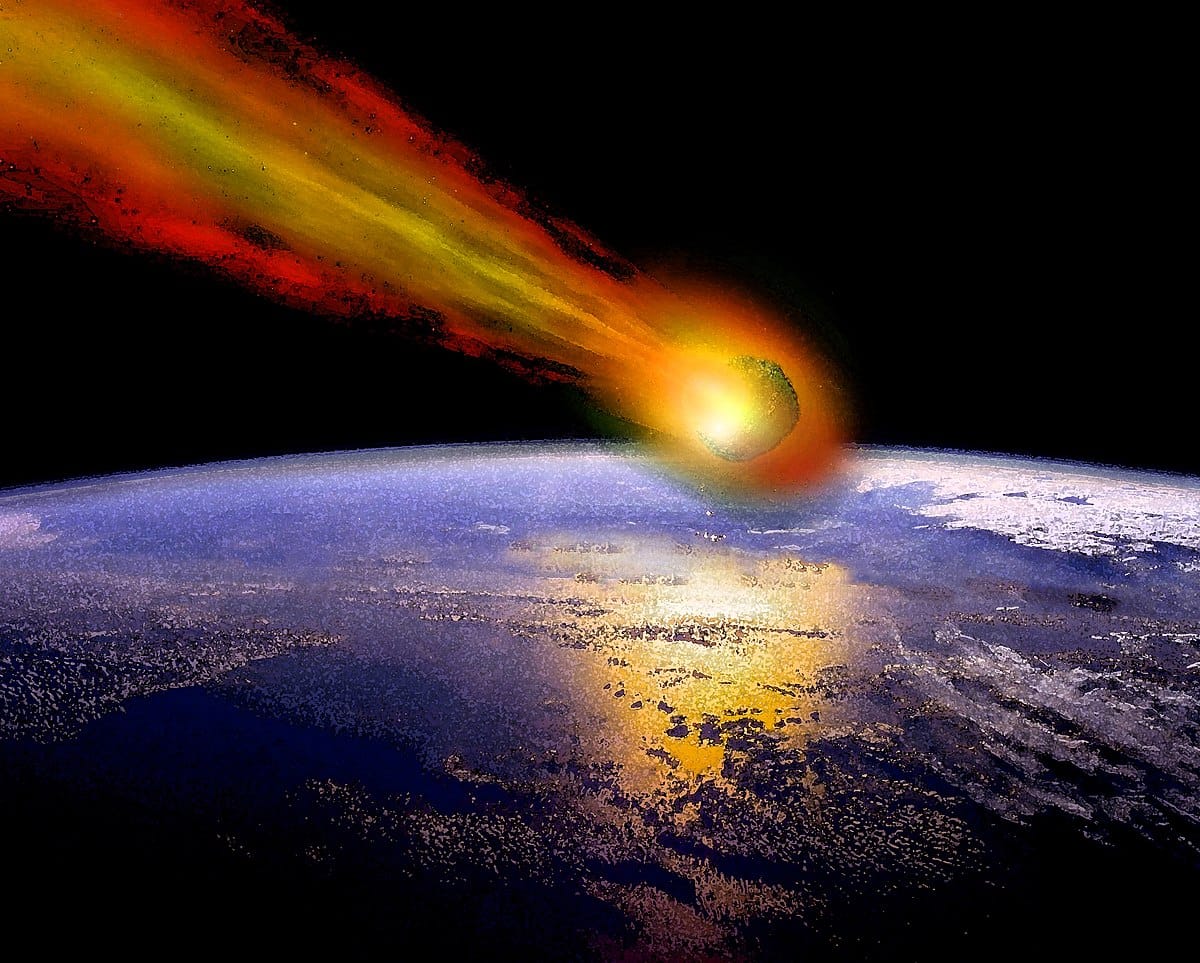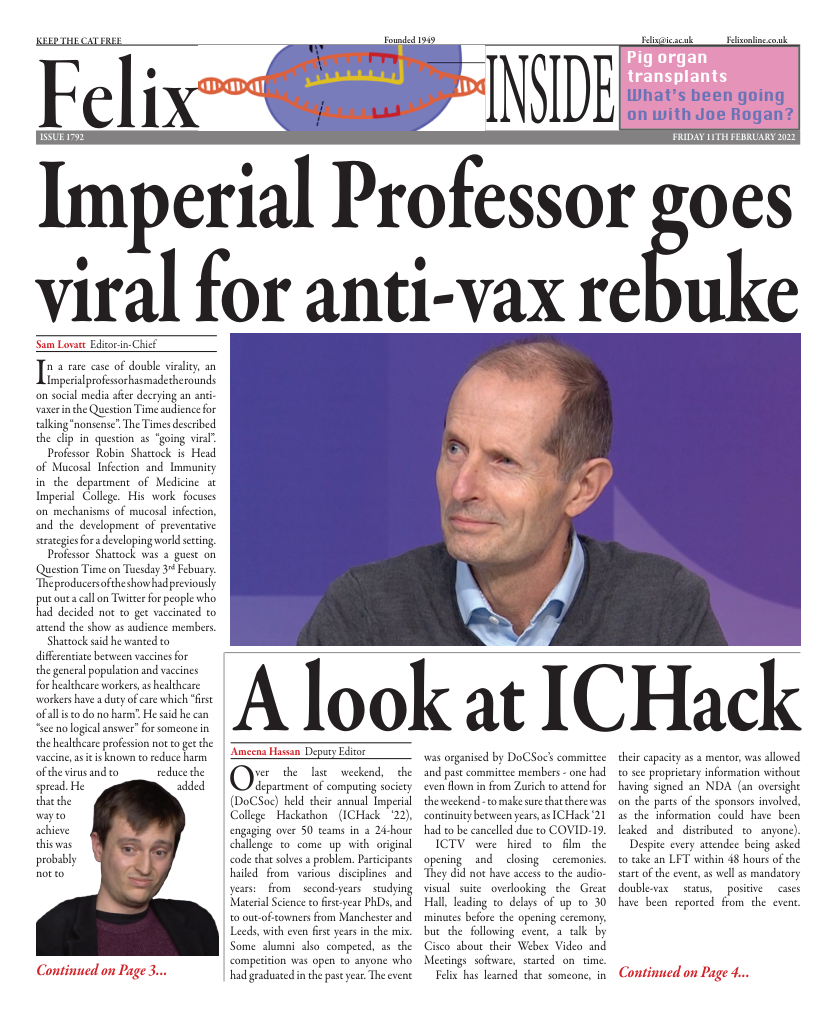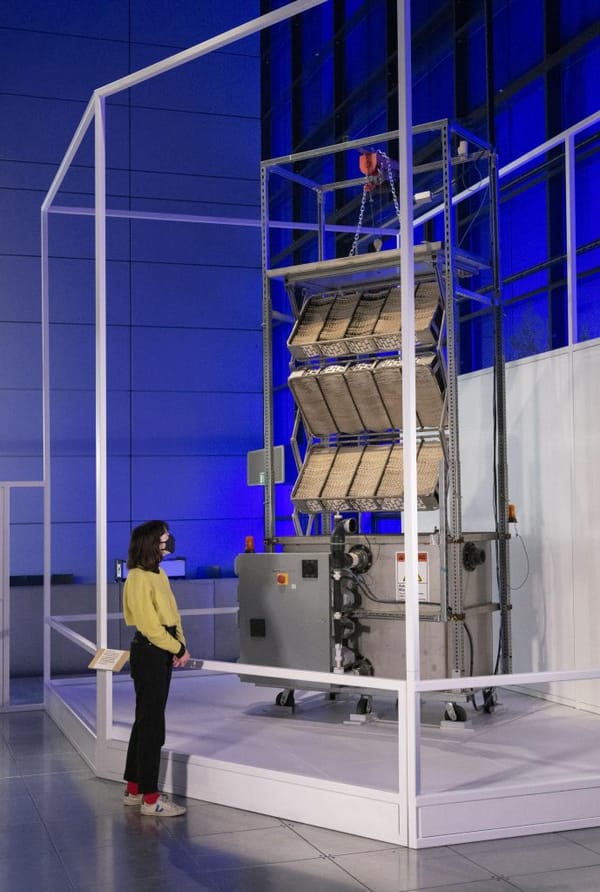A meteor is coming this way- Don’t Look Up!
Adam McKay’s 2022 opening blockbuster Don’t Look Up casts a star-studded Leonardo DiCaprio (Dr. Randall Mindy), Jennifer Lawrence (PhD candidate Kate Dibiasky), and Meryl Streep (President Jane Orlean) among others in a disaster satire

Adam McKay’s 2022 opening blockbuster Don’t Look Up casts a star-studded Leonardo DiCaprio (Dr. Randall Mindy), Jennifer Lawrence (PhD candidate Kate Dibiasky), and Meryl Streep (President Jane Orlean) among others in a disaster satire. The film is directed at the juxtaposition of a civilization that can’t decide on the most fundamental quant of existence— the truth. The title accurately forebodes a society that is split on whether they want to look up at their impending doom or to not; instead, denying the existence of an inconvenient fact.
The knowledge of a meteor headed for a direct collision with earth hits the searching astrophysicists (Mindy and Dibiasky) as hard as the 20km wide meteor would eventually hit the Earth. Aware of the consequence of such a collision, the two scientists sound (off) every alarm that they are aware of—only to be faced by a mocking and distracted group of politicians, media presenters, and public at-large. Unsure on paths forward, the meme of conspiratorial scientists is upgraded to a dynamic duo as political tides turn. Unsure on the motivation, the two proceed with government plans to fly missiles into the now eponymous comet: Dibiasky’s comet; allowing the meteor to be stopped and bring national dogma for a perfect hero story.
The moment of success is diverted as tech mogul Peter Isherwell (played by Mark Rylance) senses an opportunity for a market solution to a naturalistic scenario. Isherwell suggests a solution to vicariously absorb the impact of the meteor by extracting minerals and resources to bring a new era to Earth. The science, however, does not add up. Isherwell and his band of racketeers don’t need science, they only need President Orlean to issue the order. The extraction scenario becomes the only scenario. Eventually, placated and confounded, Mindy and Dibiasky are left to plea with the citizens of Earth to look up and consider the severity and disarray in which humanity stands.
Alas, their cries fall on deaf ears, their eyes stare into faces that don’t care, and their words are left unread. The movie builds up to its final minutes as the climax shows a meteor within meters of collision. For a moment, the world hopes that Isherwell’s pseudoscientific plot would come to be the victor; this of course was not the case. Eventually, the meteor causes utter destruction and decimation of all humanity—akin to the meteors that allegedly killed the dinosaurs. The movie finishes with metaphors, allegories, and microcosms galore—a buildup of soft signalling that this movie wasn’t just about a comet.
In the moment of death and complete destruction, the lens of the camera shows that the world does recover and come back to a form that we are familiar with. Just that it does not have any humans to lay their eyes upon it.
A viewer in social and scientific isolation may immediately shrug this movie of as some jejune work of apocalyptic fantasy by McKay. That viewer might not be wrong. The movie dwells on a subject that has been explored time and again by films which hyperbolise human interaction—bringing out the flight and fight to its epitome. It’s worth noting that the movie does have some logical inconsistencies—where were the intelligence organisations in all of this? A fair question when the movie is analysed in isolation. However, the viewer of the 21st century, alive in the consequence and pressure of humanity, would immediately see the unmissable parallels.
Don’t Look Up surrounds a meteor of dire consequences with the rationale of science, the confluence of economic and social stances, and raw emotion. Sound familiar? McKay and the writers have carefully built the context of this film by mirroring one that exists today. All it takes to make a levelled context is to replace Mindy and Dibiasky with 97% of the scientific community; replace meteor deniers with science/establishment deniers; replace Isherwell with the Tech moguls we are so familiar with; replace President Orlean with, well you know who.
The majesty of Don’t Look Up is that it is an archetype of a world which is stuck; unsure on how to address climate change and unsure on how to reduce the liability of those who deny it and negate its externalities on the most vulnerable. It speaks about the problem that is faced when devious market solutions are used to build an ersatz appearance of climate-progressiveness. It speaks of how as a world, the lack of an aegis, a common base is quite literally catastrophic. Perhaps climate change is not a meteor strike that’s going to cause destruction ephemerally, but it certainly is a meteor strike. So, use this movie to communicate with politicians, corporations, and people to collectively take a step back and look up; there’s a meteor headed this way and we’re not ready.









